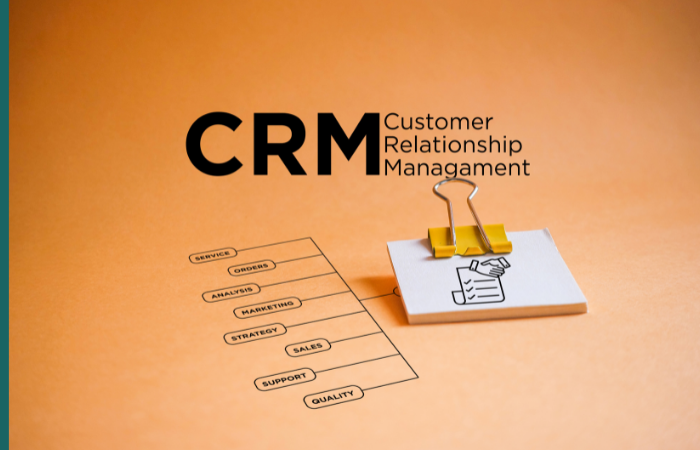‘Scexit’: the free flow of goods at Scottish borders is vital in any independence planning
The SNP’s historic win in the Holyrood elections increases pressure for a second independence referendum that could see Scotland re-joining the EU. ParcelHero says ensuring the free flow of goods across English-Scottish borders must be part of any ‘Scexit’ plans from the very beginning.
The Scottish Nationalist Party’s (SNP) victory in the Scottish Parliamentary elections could pave the way for a second referendum, as pro-independence parties now hold the majority in Holyrood.
The international delivery specialist ParcelHero says that many Scottish nationalists believe the result clears a path not only for Scotland to become independent of the United Kingdom but also for it to re-join the European Union (EU). ParcelHero is urging that the free flow of goods at Scottish borders must be considered from the very beginning of any ‘Scexit’ planning process, to avoid the disaster of the Northern Ireland protocol.
ParcelHero’s Head of Consumer Research, David Jinks M.I.L.T., says: ‘The people of Scotland have voted for a pro-independence majority in Holyrood. Strictly speaking, it’s up to the UK Parliament at Westminster to decide on whether “Indyref2” can go ahead. However, Scotland’s First Minister, Nicola Sturgeon, told Prime Minister Boris Johnson on Sunday that a second referendum is “a matter of when – not if.”
‘Of course, ParcelHero is entirely neutral on such an important issue, but we do urge everyone involved in planning for independence – and, perhaps, eventually reuniting Scotland with the EU – to prioritise the free flow of goods at potential English-Scottish borders.
‘There was an abject failure by every side to thoroughly plan for the unrestricted passage of goods between Great Britain, Northern Ireland and the Republic of Ireland after the Brexit vote was passed. That failure now haunts us, with 44% of retailers and 31.5% of manufacturers reporting a collapse in the amount of goods they ship to Northern Ireland after the fiendishly complex Northern Ireland protocol was introduced.
‘It’s a situation that is still unravelling. The UK Government was forced to unilaterally abandon the introduction of the (legally required) second phase of the Northern Ireland protocol agreement planned for April, which would have resulted in increased certification and the end of waivers on customs declarations. This move was met with a furious reaction from the EU, which has taken Britain to court over the issue.
‘For now, FM Sturgeon has pledged to concentrate on the battle with Covid. However, she has also vowed to introduce a referendum bill in the first half of her new term in office. If the UK Government does not introduce a Section 30 order authorising a referendum, as it did back in 2014, the future of Scotland’s second referendum is likely to end up in the courts. No one wants to see a repeat of the legal tussles that resulted in the Northern Ireland protocol shambles.
‘Everyone planning for potential Scottish independence and, perhaps, its reunion with the EU needs to learn from the mistakes of Brexit and place the free, uninterrupted movement of goods at the top of their agenda. Indeed, as an enthusiastic EU member, an independent Scotland might rejuvenate trade between the EU and retailers and manufacturers from across the British Isles.
‘There are other, potential pitfalls to avoid when it comes to planning the delivery of mail and parcels to an independent Scotland. Currently, the UK Government subsidises charges for traditional mail deliveries to the Highlands and Islands. Holyrood’s planners will need to investigate what the impact of independence would be on the cost of traditional postie deliveries to remote and offshore locations. Couriers already include a surcharge for these deliveries.










































